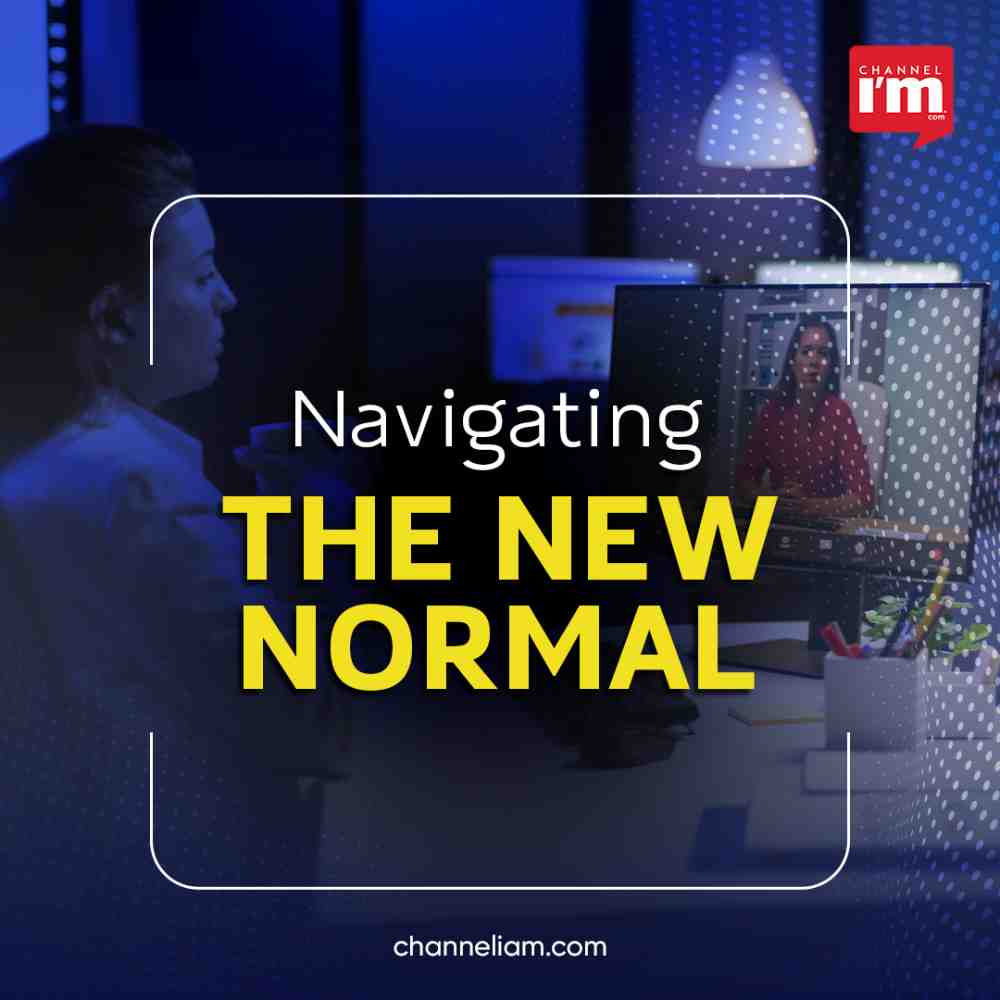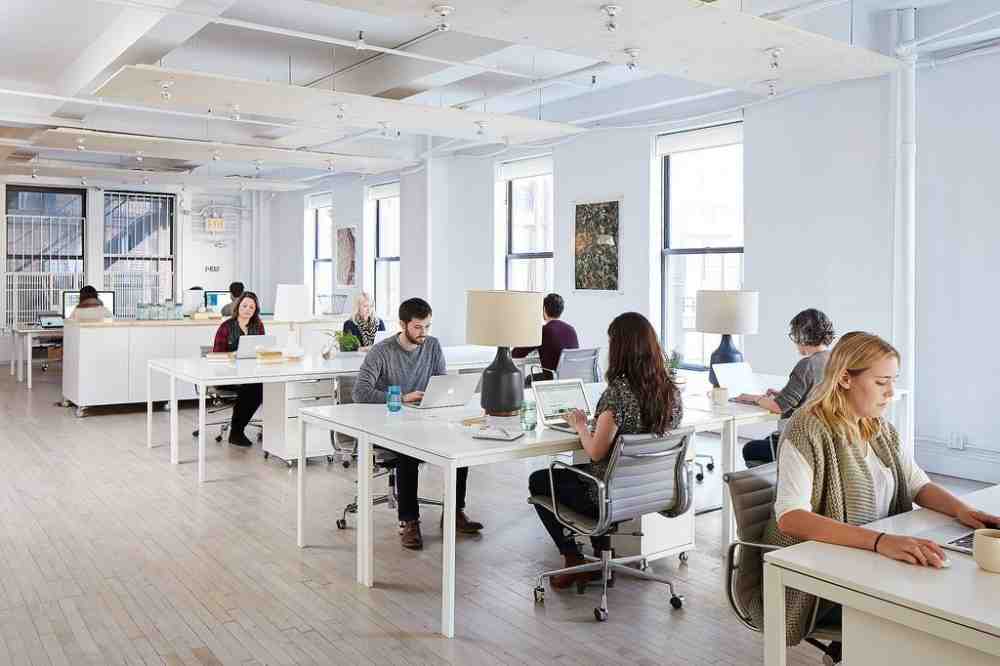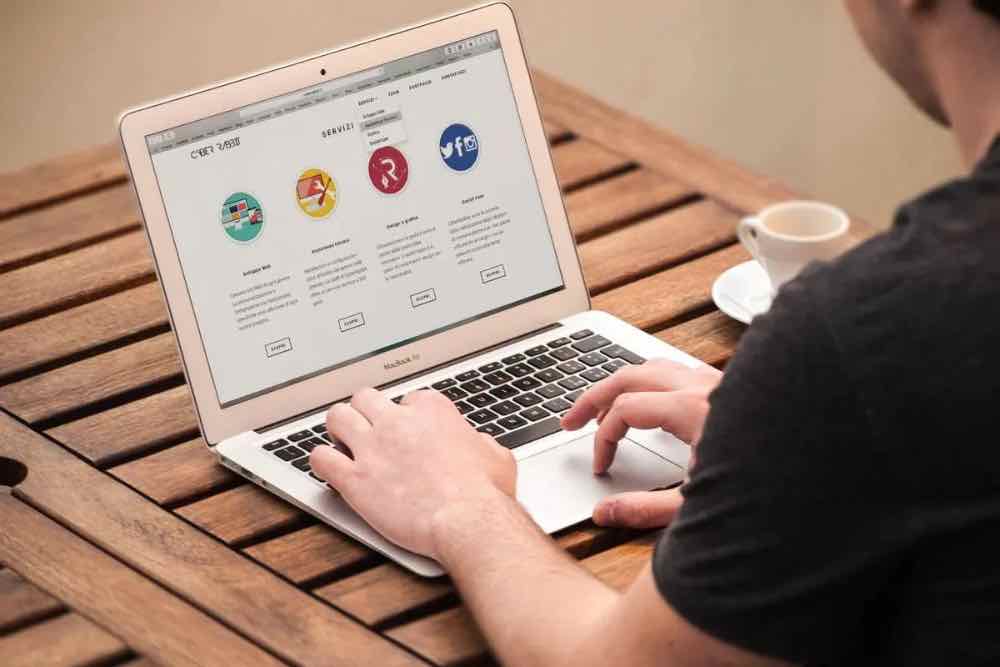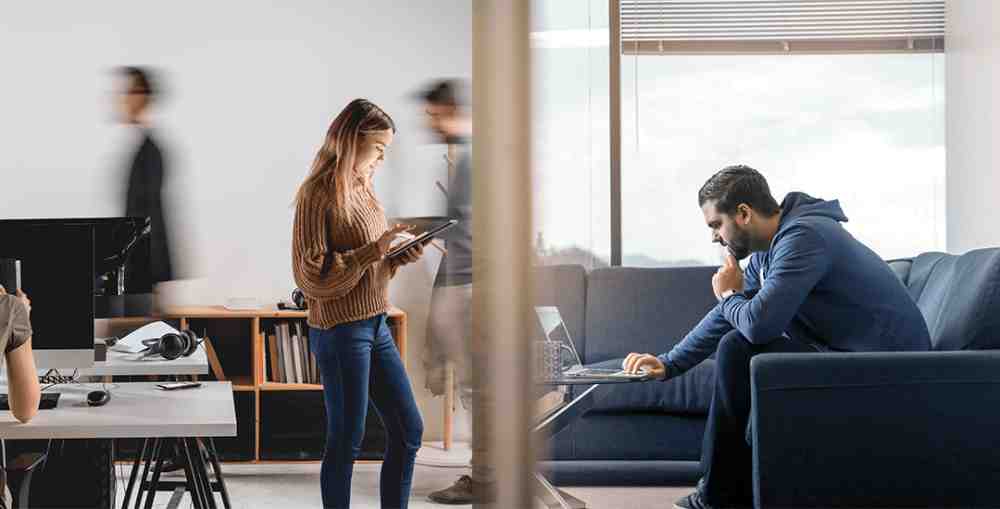The world of work has witnessed a remarkable transformation fueled by an unforeseen pandemic. The shift from traditional office-centric routines to a hybrid work model combining remote work and office presence has become a game-changer. This shift reflects the agility required in the modern workplace, with organisations recognizing the importance of maintaining a productive and connected workforce. The seamless adaptation to this new normal is both inspiring and encouraging.

The Consumerization of the Workplace: Creating Attractive Workspaces
Attracting employees back to the office requires reimagining shared spaces, services, and amenities to make the workplace a desirable destination. This concept, known as the “consumerization” of the workplace, aims to compete for employees’ attendance, akin to how retail and hospitality venues captivate consumers. Organisations are transforming their workspaces into magnets that appeal to employees, fostering productivity and engagement.

Balancing Flexibility and Productivity: Developing Equitable Hybrid Work Policies
Striking a balance between senior managers’ traditional attitudes towards work and the workforce’s desire for flexibility is a significant challenge. Organisations must implement policies that are equitable, appealing to employees, and conducive to maintaining productivity. Research consistently shows that flexibility plays a crucial role in talent attraction and retention. By offering flexible work arrangements, companies can create a positive work culture that empowers employees and drives organisational success.

The Evolving Role of the Workplace: Fostering Collaboration and Connection
As the office transforms into a space for collaboration and meaningful connections, the workplace’s role has become more intentional. Design, planning, and workplace equity are crucial factors in creating an environment that brings people and teams together. Balancing in-office and virtual employee experiences is vital for fostering collaboration and maximising productivity. This shift necessitates rethinking office design to create a harmonious blend of physical and virtual interactions.
India’s Leasing Surge: A Promising Outlook for Hybrid Work
India’s office segment has experienced a substantial leasing surge, driven by the relaxation of COVID-19 norms and a gradual return to office. According to the CBRE India Office Figures report, office space leasing reached 56.5 million square feet in 2022, recording a remarkable 40% increase from the previous year. Key cities like Bangalore, Delhi-NCR, Mumbai, and Hyderabad have been at the forefront of this leasing activity, driven by technology corporations, flexible space providers, and engineering and manufacturing industries.

Embracing a Realistic Return to Work (RTO) Plan: Prioritising Employee Well-being
The “return to work” (RTO) approach, with a hybrid work model in place, aims to boost productivity and teamwork impacted by the extended pandemic period. RTO emphasises flexible working arrangements, employee satisfaction, and creating an optimised work environment with appealing office amenities.
